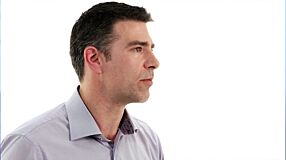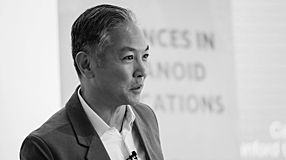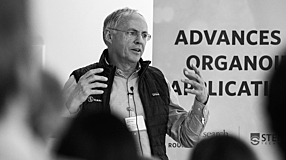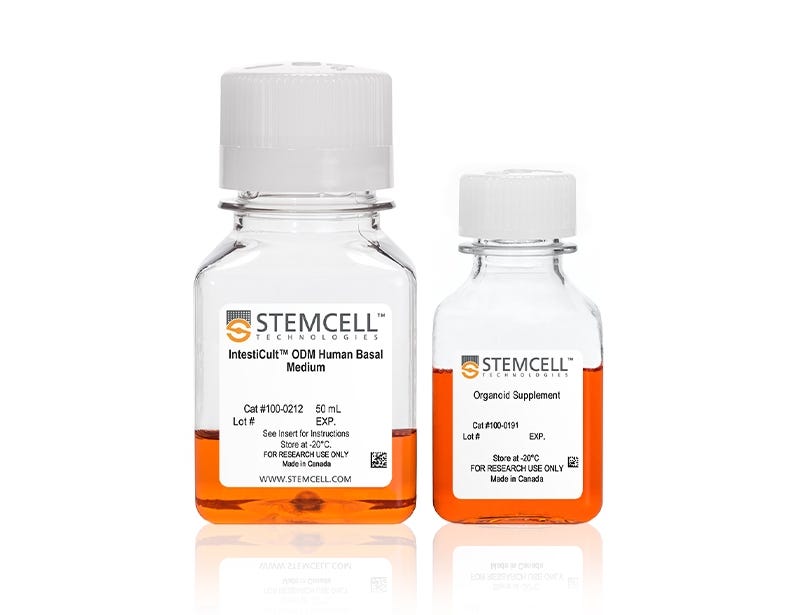Organoid Mini-Symposium: Advanced Organoid Culture Systems and Their Applications in Infectious Diseases
Dr. Salvatore Simmini, from STEMCELL Technologies, provides a background on organoid culture systems and their applications in various infectious diseases, including the use of air-liquid interface (ALI) cultures to study respiratory viral infections, such as by SARS-CoV-2.
This webinar was part of our Organoid Mini-Symposium, held on April 22, 2020, which featured speakers using organoids in a variety of downstream applications.
Dr. Salvatore Simmini, from STEMCELL Technologies, provides a background on organoid culture systems and their applications in various infectious diseases, including the use of air-liquid interface (ALI) cultures to study respiratory viral infections, such as by SARS-CoV-2.
This webinar was part of our Organoid Mini-Symposium, held on April 22, 2020, which featured speakers using organoids in a variety of downstream applications.
Webinar Q&A
Below is a list of questions submitted by participants during the recording of the webinar. Answers are provided by Dr. Salvatore Simmini (SS), with Ayse Guven (AG) as the moderator. 1. AG: What would be your suggestion for the best model to mimic inflammatory bowel diseases using organoids? SS: Well this is a really complex question, but to start, as far as I know the best model that we have right now is from mouse in vivo models. This is because, to mimic an inflammation stage, it involves the top of the epithelium, the microbiota, and also the immune system. A potential model would be to establish a co-culture system with isolated components from the patient. 2. AG: We will end the Q&A with a general question, Salvatore in your opinion, what are the benefits and challenges of current organoid cultures and what solutions are available to address these challenges? SS: In my perspective, challenges are optimizing and standardizing conditions for organoids and the difficulty of driving specific differentiation of cell types. Another challenge is towards regenerative medicine and applications of this technology, where Matrigel® seems to be a big limitation at the moment. I know that many people around the world are working on generating synthetic hydrogels that will allow us to better control the culture system and avoid variations and variability that can be seen in Matrigel®.
Publish Date:
May 06, 2020
Request Pricing
Thank you for your interest in this product. Please provide us with your contact information and your local representative will contact you with a customized quote. Where appropriate, they can also assist you with a(n):
Estimated delivery time for your area
Product sample or exclusive offer
In-lab demonstration
By submitting this form, you are providing your consent to STEMCELL Technologies Canada Inc. and its subsidiaries and affiliates (“STEMCELL”) to collect and use your information, and send you newsletters and emails in accordance with our privacy policy. Please contact us with any questions that you may have. You can unsubscribe or change your email preferences at any time.





